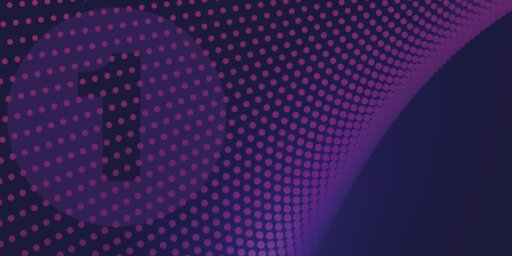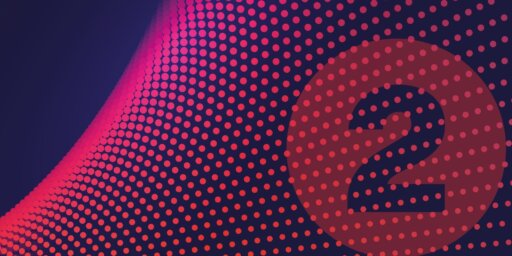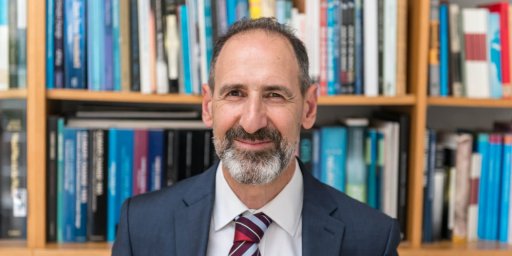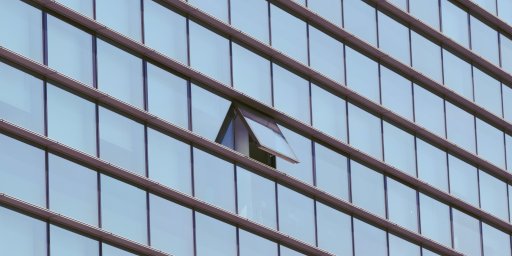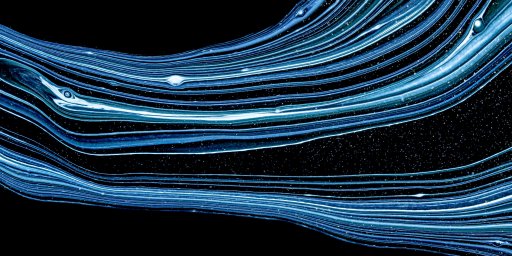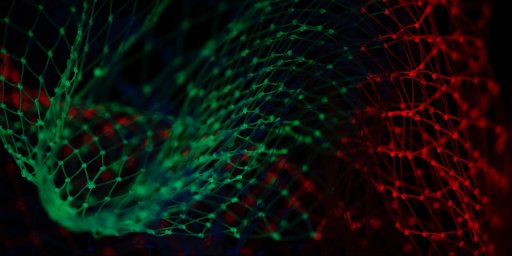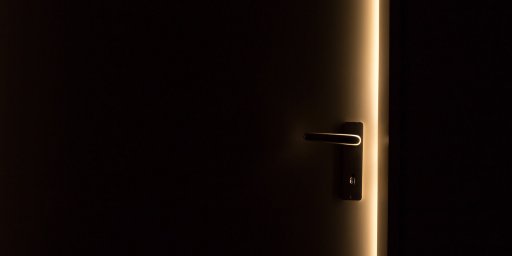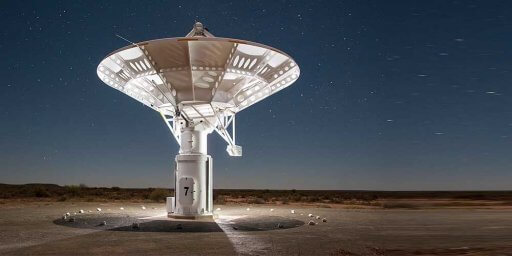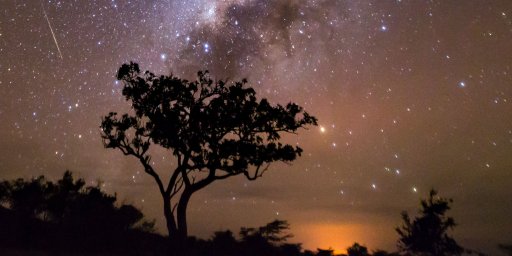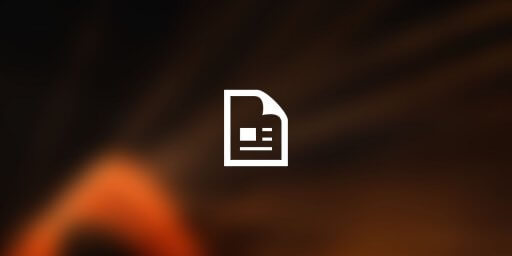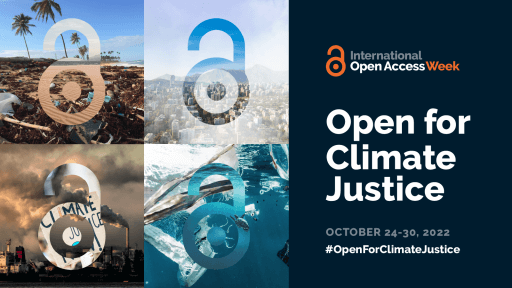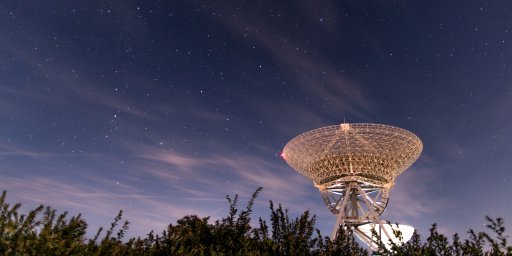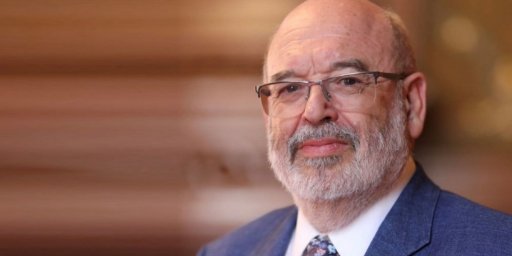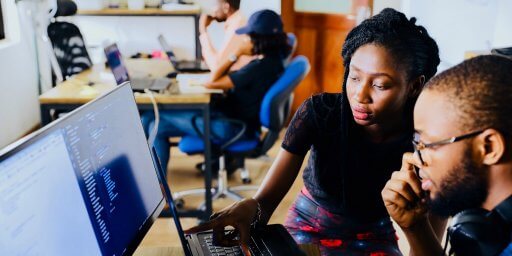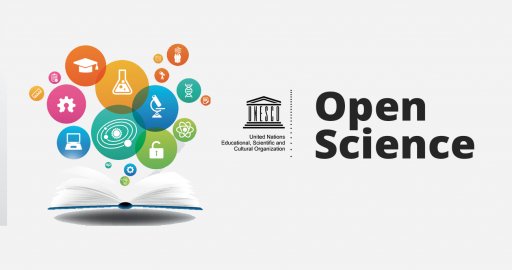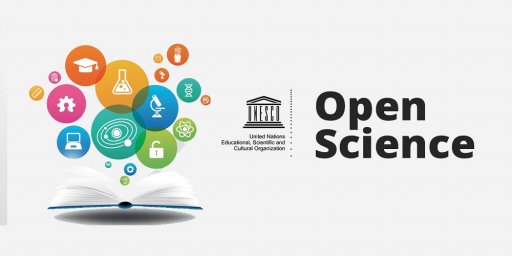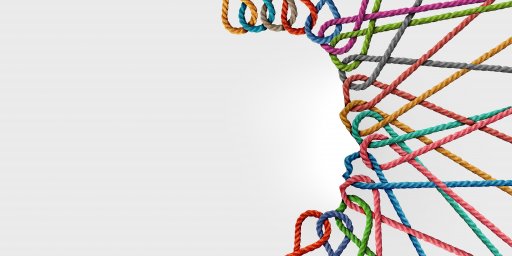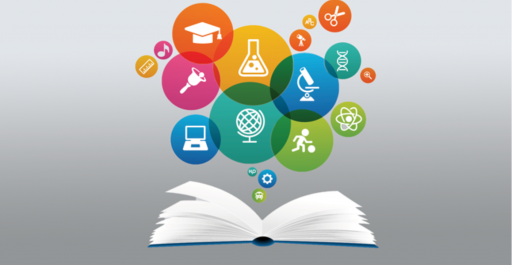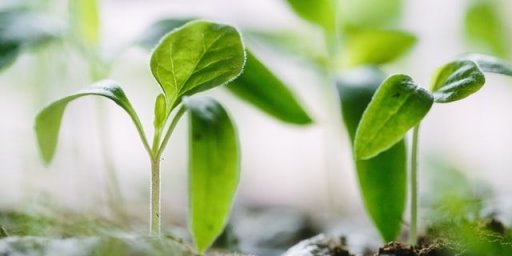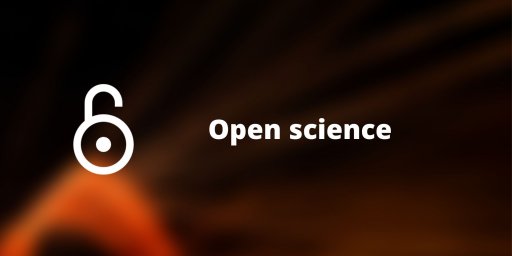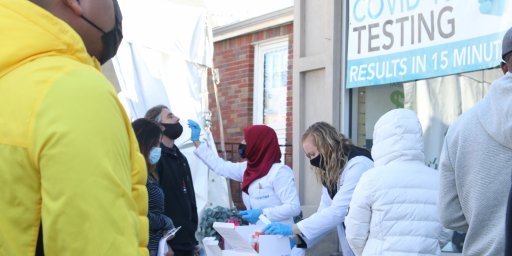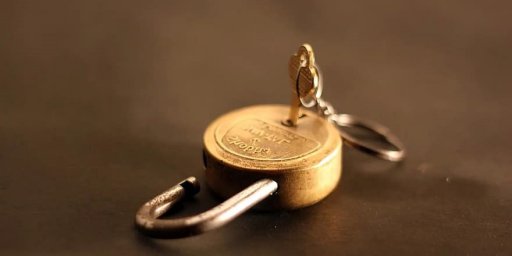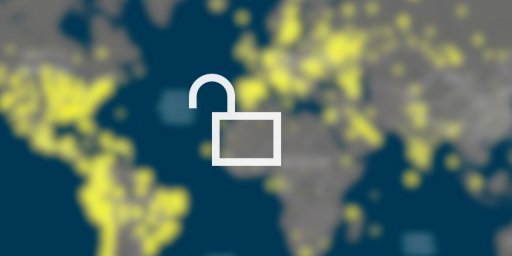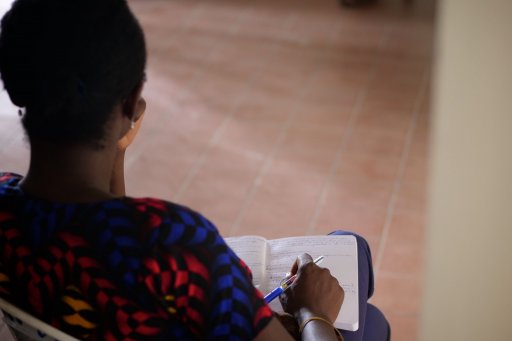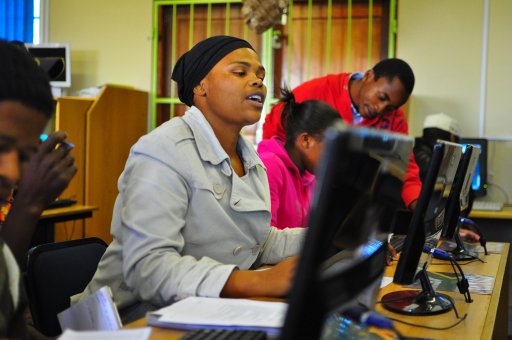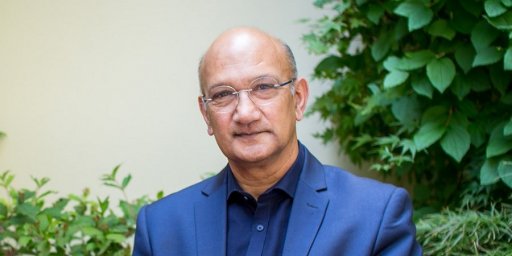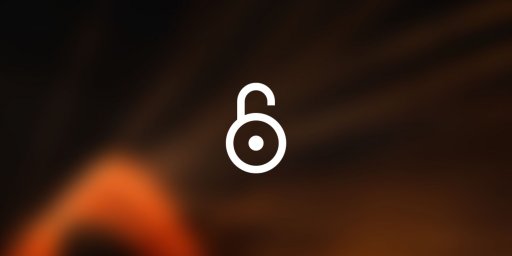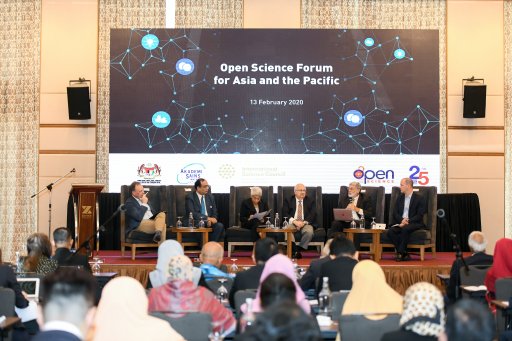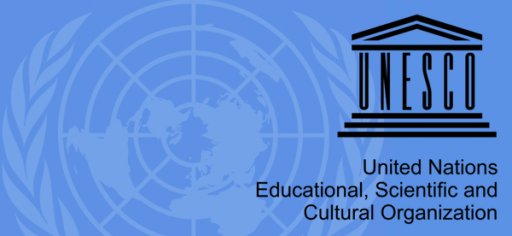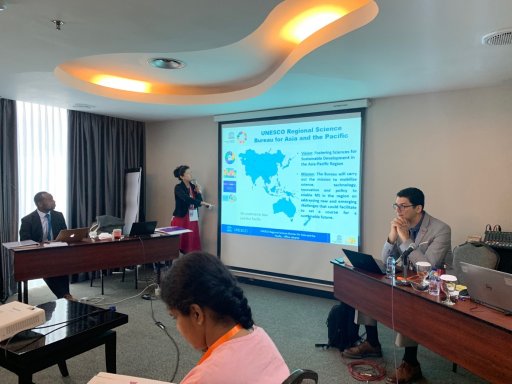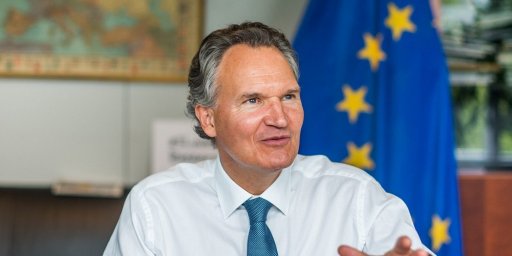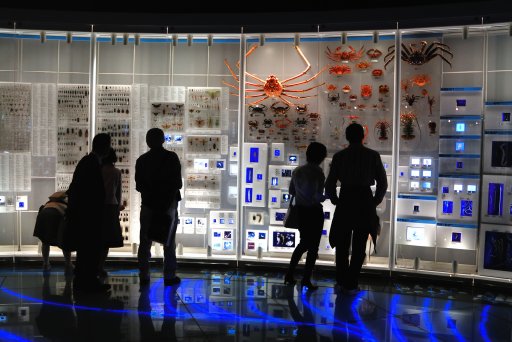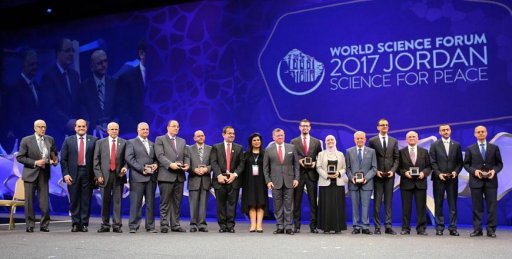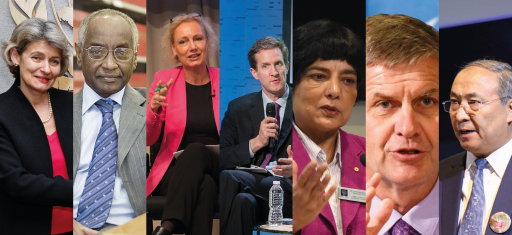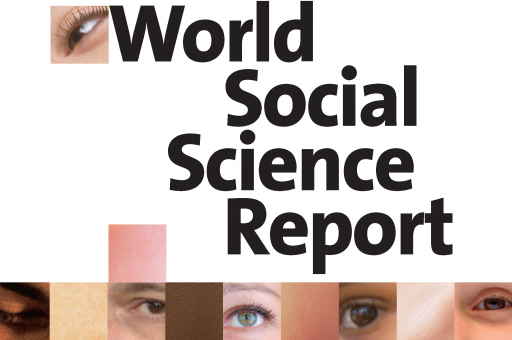Op-ed
Angry optimism: Try this exercise. Read the news every day, even the distressing parts. For every case of cruelty, corruption, incompetence, injustice, illness, or simple misfortune, and every degree of suffering in their wake, ask yourself a set of questions:
Would this have happened in a society where sharing knowledge was a high priority? Would this have happened in a society with half the ignorance and uncorrected misinformation of our society?
Would this have happened in a society spending even one-tenth as much on open access as our society spends on shooter video games?Earthquakes and volcanoes would have happened anyway. The same is true for some, but not all, floods, mudslides, famines, and diseases. Other woes like policies, decisions, and actions based on false assumptions might not have happened at all. Harmful omissions also fall within the exercise, such as ill-informed dismissals of well-informed warnings about climate change. But even for calamities that would have happened anyway, like earthquakes, the exercise goes beyond the events to ask about the suffering they caused. Take a deep breath and think about the answers.
When we must admit that a certain amount of suffering would have happened anyway, then we are entitled to our grief and pessimism. But when we recognize that some suffering could have been averted, then for that part we must adopt an angry optimism and work harder.
I want to make two concessions here. First, academic research behind paywalls is a mix of confirmed, unconfirmed and refuted. Some of it deserves to be called knowledge and some doesn’t. Second, making research OA doesn’t do much on its own to spread specialist knowledge to non-specialists, let alone convert creationists to evolutionists or climate deniers to climate activists.
The optimism I’m recommending does not assume that better access to knowledge translates easily or automatically into better understanding and use of that knowledge. OA is compatible with all kinds of failure to act with intelligence and compassion. I’m concerned here with the opposite error, the pessimism of thinking that OA is merely academic or that it makes no difference to real-world suffering. As I concluded in a 2010 essay (arguing for what probably needed no argument), “OA is necessary but not sufficient for an enlightening spread of already-discovered, already-recorded knowledge.”
If you agree that OA is necessary, even if far from sufficient, then add two more questions to the newspaper exercise. How does the money we need for OA compare to the money we now spend on access to paywalled knowledge? How does it compare to the money we now spend on alleviating the suffering traceable to the lack of OA?

Peter Suber is the Senior Advisor for Open Access in the Harvard Library and Director of the Harvard Open Access Project in the Berkman Klein Center for Internet & Society. By training, he is a philosopher and lawyer, and stepped down from his position as a tenured professor of philosophy in 2003 to work full-time on open access. He was the principal drafter of the Budapest Open Access Initiative (2002), serves on the boards of many groups devoted to open access and scholarly communication, and has been active in fostering open access for many years through his research, speaking, and writing.
For more information, see his homepage.
Big stories in Open Science
MetaROR: Innovating Scholarly Publishing and Peer Review with a Community-driven Model
- A group of interdisciplinary researchers from science and technology studies (STS), quantitative science studies, and meta research have proposed a novel approach to scholarly publishing and peer review called MetaROR (MetaResearch Open Review). Using a publish-review-curate model, MetaROR seeks to increase accessibility, stimulate cross-disciplinary dialogue, and reduce pressure on peer review, with the platform community-owned and expected to launch in the latter half of 2023.
Editorial Board Revolt at Wiley Journal over Concerns of Profit Overriding Good Practice
- The Journal of Biogeography is witnessing an editorial upheaval with its editor-in-chief resigning in protest of publisher Wiley’s perceived prioritization of cost-cutting measures over quality editorial practices. Many of the journal’s associate editors have also initiated a work stoppage in response to the same concerns and, following an unsatisfactory response from Wiley, issued a list of 12 demands leading to the resignation of a deputy editor-in-chief. This incident is not isolated, as editorial boards of at least three other journals have recently threatened to resign or have done so over similar disputes.
Elsevier Journal’s Board Members on the Verge of Walking Out
- Board members of Design Studies, an Elsevier journal, are on the brink of resignation due to the publisher’s aggressive drive to substantially boost the acceptance rate and its abrupt change of the editor-in-chief. The surprise leadership change came amidst the publisher’s concerns about slow editorial and financial growth. The ongoing turmoil at Elsevier follows mass resignations in April at the journal NeuroImage, over a fee hike.
Mass Resignation Hits Critical Public Health Journal Over Differences With Publisher
- The Editorial Board of Critical Public Health, a prestigious, international peer-reviewed scholarly journal, has collectively resigned due to irreconcilable differences with the journal’s publisher, Taylor & Francis. The journal, a scholarly forum since 1979, has become increasingly strained under corporate ownership, finding it more challenging to uphold its critical vision. The Co-Editors-in-Chiefs cite increasing difficulties in reconciling the journal’s critical orientation with its commercialization by a corporate publisher, leading to the unprecedented decision. Despite this separation, the scholarly community vows to continue its mission through a newly launched journal, the Journal of Critical Public Health.
ROAPE Removes Paywalls: Unrestricted Access to Content from 2024
- In a groundbreaking move, the Review of African Political Economy (ROAPE) will transition to independent publishing from January 2024, removing all paywalls and enabling unhindered access to its global content for researchers and readers. Taking advantage of the digital revolution, ROAPE has managed to boost its readership via its website, roape.net, and the online publication of the journal. With this shift, all of ROAPE’s research will be available on a single, open access platform.
All Research from the Netherlands in One Place
- In a significant move towards open-access publishing, Wiley, a global leader in scientific publishing, has announced the signing or renewal of 22 transformative agreements with partners across the United States and Mexico. These agreements, set to begin in 2023, provide participating institutions access to Wiley’s extensive portfolio of hybrid and subscription journals. Researchers will now have the opportunity to publish their accepted articles open access, significantly increasing the availability of research. This development covers 117 institutions and is estimated to make around 3,600 articles open-access, driving the momentum of author-pay open-access publishing in North America.
Aspen Institute and Omidyar Network Partner to Foster an Equitable Data Economy
- In a bid to envision a fair data economy, the Aspen Institute, in collaboration with the Omidyar Network, has assembled a diverse team of experts for a project known as the Council for a Fair Data Future. This council, constituting academics, technologists, corporations, policymakers, and civil society representatives, aims to identify recommendations to make the data economy more equitable and beneficial for individuals and communities. This initiative will culminate in actionable suggestions for transforming the data economy, addressing , and implementing direct interventions.
PeerJ Launches Open Advances Series for Equitable and Barrier-Free Scientific Communication
- Netherlands Research Portal is an outcome of a strategic partnership between UKB, SURF, and OpenAIRE. It showcases Dutch scientific findings and research projects as a unique segment of the OpenAIRE Graph. The graph is consistently updated with information from Dutch institutional repositories, data and software repositories, as well as Research Information Systems (CRIS’s) that adhere to OpenAIRE’s metadata guidelines.
Science Europe Annual Report 2022 Advocates for High-Quality Science and Open Research Culture
- Science Europe has highlighted significant 2022 achievements in their annual report. They successfully fostered partnerships within the research community and engaged in meaningful dialogue at both EU and international levels to ensure high-quality science benefits society. Science Europe also addressed societal challenges through interdisciplinary research, accelerating the transition to Open Science and introducing a forward-thinking plan for science communication.
Knowledge Unlatched Celebrates a Decade of Advancing Open Access Scholarly Publishing
- Knowledge Unlatched (KU), a pioneer in open access academic publishing, is celebrating ten years of success in making scholarly content freely available. The company’s innovative crowdfunding model, KU Select, has facilitated the open access publication of over 4,000 books and 50 journals across various fields, driving a fundamental shift in the academic publishing business model. KU’s 10th round of funding is now open and aligns with the UN’s Sustainable Development Goals, reinforcing its commitment to producing impactful, socially relevant content.
COGR Survey Projects Substantial Costs Due to New NIH Data Sharing Policy
- A recent survey by the Council on Governmental Relations (COGR) forecasts that the new NIH Data Sharing and Management Policy could cost large research institutions over $1 million annually. The additional expenses and effort reallocation could shift researchers’ focus from scientific endeavours toward administrative tasks. Smaller and emerging research institutions could face significant costs, too, potentially discouraging their participation in the federal research ecosystem.
University of Tennessee, Knoxville Joins OLH’s Library Partnership Subsidy System
- The University of Tennessee, Knoxville, a premier public research institution with a rich history, has announced its collaboration with the Open Library of Humanities (OLH) Library Partnership Subsidy system. The alliance aligns with the University’s commitment to promoting open access to world-class research. OLH is an award-winning, academic-led, diamond open-access publisher of 28 journals and works on a mission of creating an equitable academic publishing ecosystem based on a global vision of academic research as a public good.
Dutch Research Council Allocates €72,000 to Support Open Science Infrastructures
- The Dutch Research Council (NWO) has pledged its commitment to open science infrastructures by allocating €72,000, split equally among three services – OpenCitations, Public Knowledge Project (PKP), and Research Organization Registry (ROR). This funding reflects the Council’s dedication towards enabling high-quality open science communication and promoting transparency and fairness in academic research.
ORFG Progresses in Enhancing Research Output Tracking Initiatives
- The Open Research Funders Group (ORFG) has launched four significant workstreams in its ongoing effort to improve research output tracking following a successful year of community engagement. Drawing on contributions from more than 130 participants from around the world, the ORFG’s workstreams are focused on enabling FAIR workflows, establishing a national strategy on Persistent Identifiers (PIDs) and metadata, creating a PID toolkit, and forming a working group on DOIs for grants. The ORFG continues to invite community participation and is planning an open community call in late June to update the public on these initiatives.
Mellon Foundation Awards $5 Million to CLIR’s Digitizing Hidden Collections Program
- The Council on Library and Information Resources (CLIR) has received a generous $5 million grant from the Mellon Foundation to enhance further its Digitizing Hidden Special Collections and Archives: Amplifying Unheard Voices regranting program. The program aims to shift its thematic focus towards historically marginalized individuals, working to amplify their voices and experiences that have been overlooked or neglected. Through this funding, eligible nonprofit organizations in the US and Canada will have the opportunity to digitize materials and unlock access to previously unavailable or underutilized collections, fostering greater recognition of the value of preserving marginalized histories for social justice advancement.
eLife and PREreview Join Forces with COAR for ‘Publish, Review, Curate’ Ecosystem Advancement
- eLife and PREreview have teamed up with the Confederation of Open Access Repositories (COAR) to implement the COAR Notify technology, with funding support from Arcadia. The project aims to establish standardized connections between preprint repositories, community-led preprint review platforms, journals, and preprint review aggregation and curation platforms, with the goal of promoting community engagement in open peer review and lowering technological barriers in the research ecosystem.
Open Science events and opportunities
- Sustaining Open Research: Data Sharing Readiness Virtual Learning Event to be held on 2 August at 13:00-14:30 EST organized by Data Sharing Network. Register here.
- Practical Routes to OA Monographs – a new two-part online event looking at the rapidly developing landscape of support for Open Access Monograph publishing organized by UKSG will be held on 22 and 23 August. Register here.
- The European Science Foundation-Science Connect (ESF-SC), representing cOAlition S, seeks independent consultancy to evaluate the influence of Plan S on the global scholarly communication system and its role in facilitating full and immediate open access to research. All applications should be sent to npappleroy@esf.org by 09.00 CEST on 4 September 2023.
- Join the Public Knowledge Project’s Hannover 2023 Sprint, hosted by TIB – Leibniz Information Centre for Science and Technology on 11-12 September in Hannover, Germany. Register.
- Registration is now open for Barcamp Open Science to be held on 21 September in Hybrid mode. Participation is free.
- The 2023 Peer Review Week (PRW) will be held between 25-29 September and will be dedicated to the theme “Peer Review and The Future of Publishing.” Submit your application through this online form.
Job opportunities
- The Open Library of Humanities (OLH) is looking for an individual with an IT and/or Publishing background to join the team in running the Janeway publishing platform. This is a fully remote position with travel to London twice per year. Salary is on grade 5 of the UK higher education scale, or 32k-37k GBP. The last date for application is 7 August. Apply here.
- YERUN is looking for a Policy Officer to start in September 2023. The deadline for application is 15 August. More details can be found here.
- Thoth Open Metadata, an open metadata management and dissemination platform, is looking to recruit a Metadata & Publisher Outreach Specialist to support their small team as part of the recently launched Open Book Futures project. This is a full-time remote position with Flexibility of country of residence. The last date of application is 27 August.
Our top ten Open Science reads
- Governance by output reduces humanities scholarship to monologue
- Benefits of Reading Open Peer Reviews
- How academia is exploring new approaches for evaluating researchers
- Preprints become papers less often when the authors are from lower-income countries
- The Future of academic publishing
- The values of journals
- Mastodon over Mammon: towards publicly owned scholarly knowledge
- Lost in translation? Revisiting notions of community- and scholar-led publishing in international contexts
- Open access ‘at any cost’ cannot support scholarly publishing communities
- Open Science is Better Science
Disclaimer
The information, opinions and recommendations presented by our guests are those of the individual contributors, and do not necessarily reflect the values and beliefs of the International Science Council.
Image by David Becker on Unsplash.








